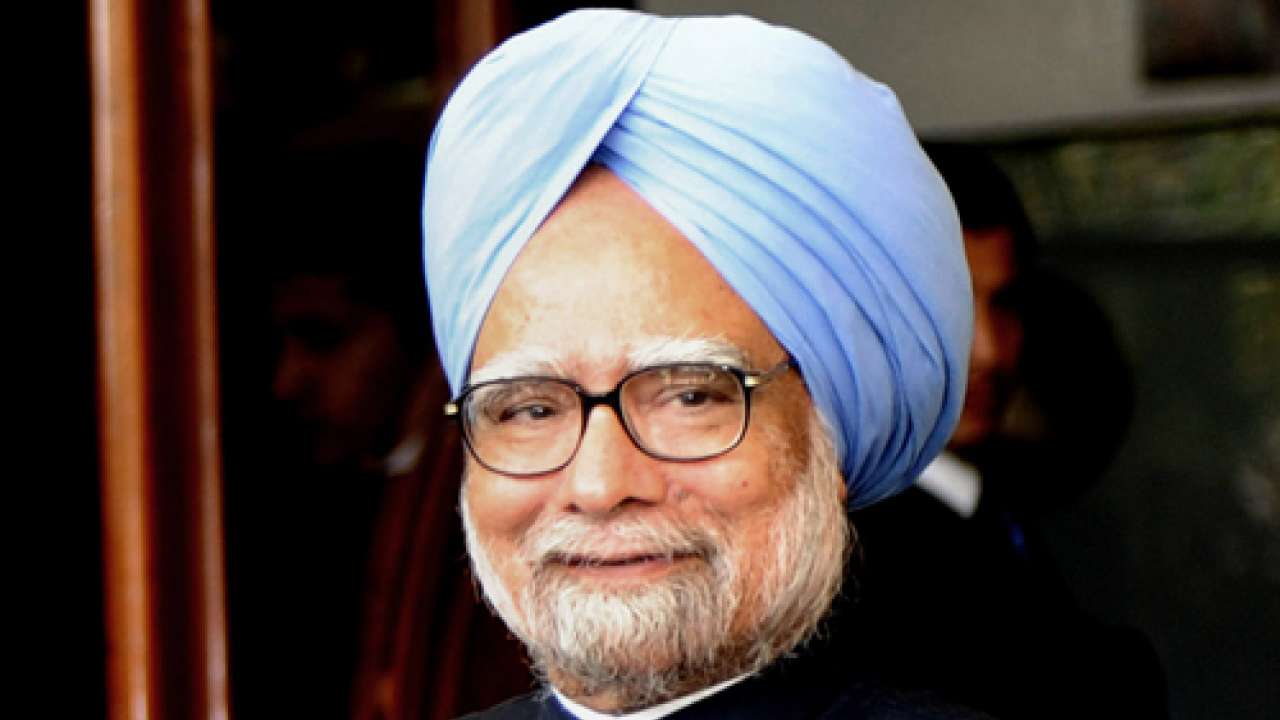
Economists might have many flaws, but when compared with the average politician, they are paragons of virtue and wisdom. Sanjaya Baru’s memoir The Accidental Politician: The Making and Unmaking of Manmohan Singh confirms this view.
Critics of Manmohan Singh tend to believe he is a neo-liberal economist, but this is, of course, nonsense. The term ‘neo-liberal’ is often an epithet hurled by their anti-capitalistic critics at the proponents of the market economy in India. I have never read a free-market economist who used the term ‘neo-liberal’ to describe his position. As Sanjaya Baru observes in his memoir, like many economists of his age and times, Singh is a Keynesian.
However, like most reasonable economists, Singh did not share the suspicion Indian politicians and policy makers had toward free trade. When Baru interviewed him in 1991, Singh had said he was always an opponent of Indian policy makers’ opposition to free trade. He had then recently visited South Korea and felt there was a lot India could learn from South Korea’s economy. Many of his contemporaries would not have fully understood what this meant. When India gained Independence, both India and South Korea were impoverished nations. South Korea’s per capita income was higher than that of that of India. But, in many ways, South Korea did not have the advantages India had, like the infrastructure and the institutions the British had built. India was rich in natural resources when South Korea was not.
However, when India opened up the economy in 1991, South Korea’s per capita income had risen up several times. India was desperately poor. If Indian public and policy makers had understood the virtues of free trade in 1947, India would not have faced a crisis in 1991. India would have been a rich country, like South Korea is, today.
When Baru had interviewed him, Singh had to move out of the Prime Minister’s Office (PMO) because the prime minister’s left-wing advisers of Chandra Sekhar resented his pro-capitalistic views. The marginalized Singh wanted to express his views on trade liberalization through this interview. Baru had temporary fallout with him because, by mistake, Economic Times had omitted the passage on South Korea. But, if Singh had failed to convince his allies and masters of the value of liberalization in 1991, India would not have become infinitely more prosperous in two decades, lifting millions out of poverty.
As a prime minister, Baru recounts, Singh often vacillated between arrogance and submissiveness. When Baru once asked Singh whether they should consult Sonia on an important matter, Singh said, “I am the prime minister”. But, other times, he was quite submissive. Being an accidental prime minister, he knew that he could not take his power for granted. One would expect a man to behave this way, under such circumstances.
Baru remembers, when Sonia Gandhi told the media when the nuclear deal was signed, that even though the government would try to win over the left, they would not antagonize them, Manmohan Singh said she had let her down. But, he yielded to her whims, often more than it is necessary. Baru thinks that in many ways, Singh humiliated himself.
However, I think the people who blame Singh for being a wimp are like children who are deeply idealistic about love, and hold others up to such highly scrupulous standards. Children are idealistic about love only because their prospects of mating are quite low on the probability scale. The average Indian feels no compulsion to yield to the whims of Sonia Gandhi because she does not order them around. He feels no compulsion to not hold strong opinions, because it is virtually free. Not bound by such constraints, he longs to be a raja who would smash everything that stands in the way of creating paradise on earth. But, the truth is that he is not a raja, and is not likely to be a raja anytime soon.
They do not know that it is hard for the prime minister to have such fantasies. It is hard for him to “man up”, because he derives his power from Sonia Gandhi, and not from public opinion. There are obstacles to overcome, and these obstacles are real. He has to overcome the inertia of his allies and masters. This is especially true, because Singh is an economist, and probably has more sensible views. The more sensible your views are, the less you can afford to be a chutzpahnick.
It would, however, still be a mistake to think he did the best he could. Politicians usually do not. When Baru once sent an SMS to the editors saying the MNREGA was a birthday gift from Manmohan Singh to the people, he was severely reprimanded by his boss. The Congress wanted to maintain that this was Rahul Gandhi’s idea. Sound economists have opposed public work projects for centuries calling it Sisyphism, but Singh was not opposed to that idea. But he wanted to minimise the costs and often reminded his allies that money does not grow on trees.
Manmohan Singh was against Arjun Singh’s plan to implement reservations in higher educational institutions, though he was never too expressive about it. Curiously enough, Manmohan Singh claimed credit for the loan waivers issued to farmers, though most economists consider it another dole scheme that would harm the economy.
The PMO has denounced Sanjaya Baru for writing this memoir, misusing his privilege. But that is unfair. Indian government servants rarely write memoirs. They probably want to believe that this is a mark of nobility, but this is often cowardice. Once you have proven your willingness to speak your mind, who will hire you?